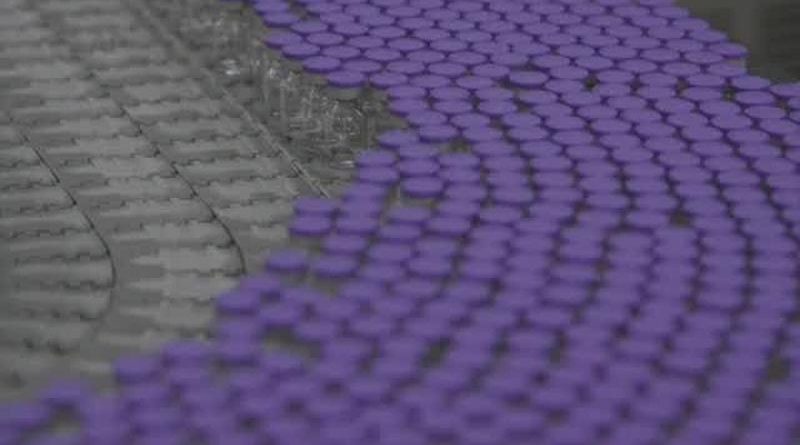US investigators warn of COVID-19 vaccine fraud
No vaccine has yet been approved by the U.S. Food and Drug Administration. The FDA recently approved the first treatment for COVID-19, the antiviral drug remdesivir. The FDA sent out a warning last week over potential fraudulent vaccines and medications, urging Americans to not to delay or stop approprate medical treatments.
Investigators are learning about how the vaccine will be packaged and getting the message out to field agents, creating a mass database of information from more than 200 companies, so they can be best prepared to spot fakes and crack down on dangerous fraud. They are monitoring tens of thousands of false websites and looking for evidence of fake cures sold online.
“HSI has analyzed over 60,000 websites that are or suspected to be involved in some sort of COVID-19 related fraud,” Francis said.
Earlier this year as cases exploded, hospitals and governments grew short on masks, gloves and other protective gear and so did scams around that gear, and those preying on unwitting citizens to hand over money for goods they’d never receive.
Homeland Security Investigations started using its 7,000 agents in tandem with border, FDA and FBI officials to investigate scams, seize phony products and arrest hundreds of people. The effort is headquartered is at the National Intellectual Property Rights Coordination Center, a government watchdog aimed at enforcement of its international trade laws and combatting intellectual property theft.
Since HSI launched “Operation Stolen Promise” in April of 2020, the U.S. has seized millions of fake or unapproved personal protective equipment products and antiviral pharmaceuticals were seized. Homeland Security Investigations made more than 1,600 seizures of more than $27 million and more than 185 arrests.
Home test kits, for example, were only recently made available to the public in the past few weeks. But investigators seized tens of thousands of fake kits in the months before. On the dark web, scammers were selling domain names like “coronaprevention.org,” attractive to counterfeiters. In the U.S. alone, more than 1,000 fake websites a day have been removed during the pandemic.
A vaccine can’t come fast enough, as virus cases have topped 12 million in the U.S. and many cities have started restricting movement again as the country heads into winter. The pandemic has killed more than 1.3 million people worldwide, over 246,000 of them in the U.S.
But Francis and other investigators are worried that desperation will make Americans more susceptible, so they’re trying to send the message now to the public before the vaccines are approved and begin distribution. Only get one from an approved medical provider. Don’t respond to calls seeking personal information. Don’t click on social media posts purporting to sell cures.
“The best advice I have is to consult with your medical professional prior to taking any treatments or vaccinations, and if it sounds too good to be true, it is,” Francis said.
If the FDA allows emergency use of a vaccine, there will be limited, rationed supplies before the end of the year.




